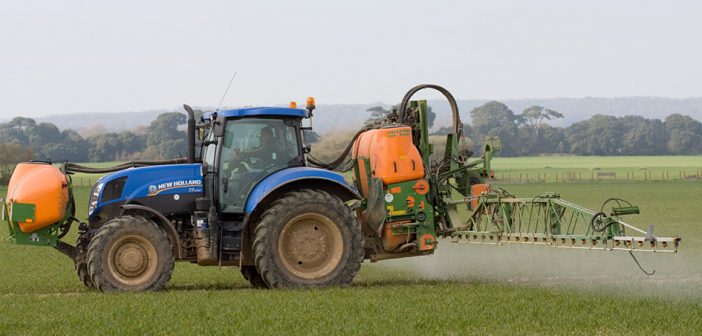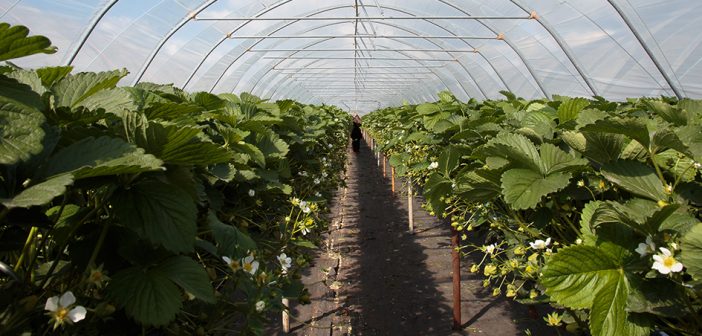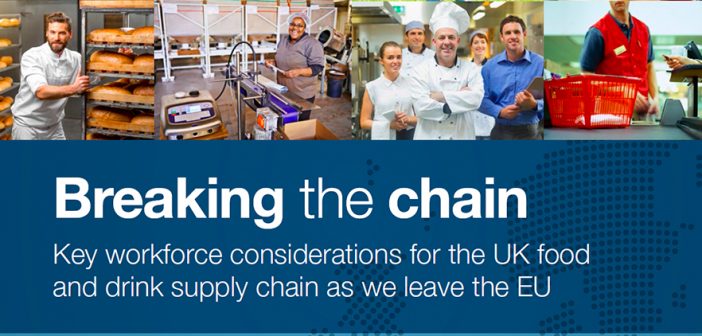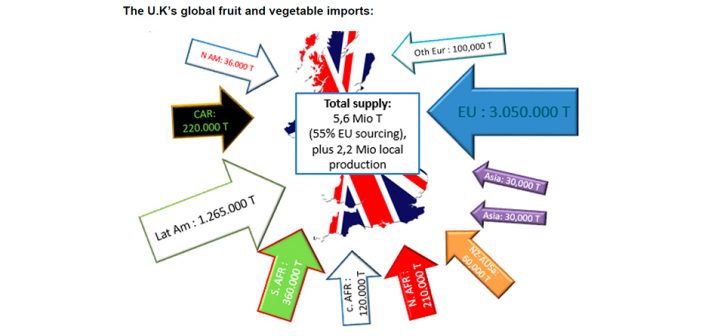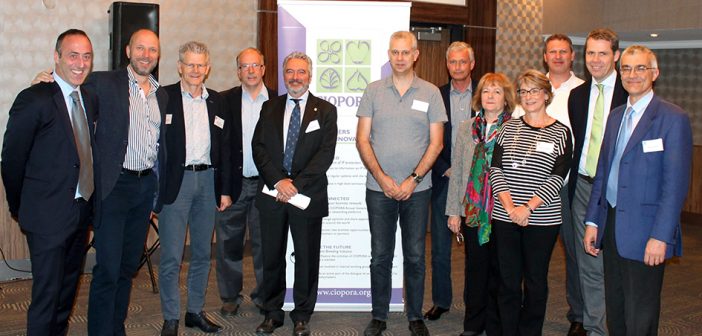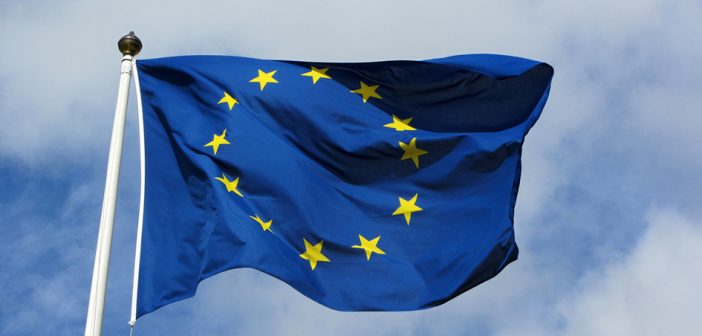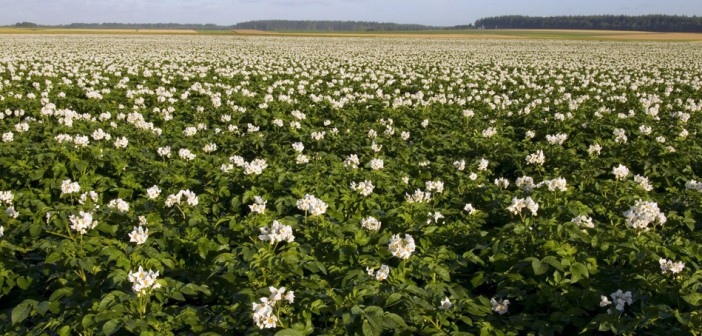An expected European Court of Justice (ECJ) ruling on the use and classification of new plant breeding techniques (NPBT), which was widely expected this month, is now believed to have been delayed for at least another month.
A recent report on the Euractivwebsite says that the European Commission ‘has made clear it sees it as a pure case of interpreting the law; However, EU farmers expressed their fear last year about a “politicised” decision.’
The EU farmers’ union Copa-Cogeca has urged the EU to embrace new technology quicker. Its secretary-general Pekka Pesonen said: “It is crucial that breeders in the EU get access to all the necessary plant breeding technologies (NBT). EU farmers cannot wait for the normal time of 12-15 years that it takes to breed a new variety and with the huge uncertainty that results from conventional processing techniques.
“NBTs must be used immediately for mutation breeding as it is the plant’s own DNA being worked on and must therefore naturally be excluded from the GMO Directive. By doing this, a new variety where NBT is used for mutation, of course, must only undergo a normal variety testing by CPVR and, of course, can in no way contain any patents at all.”
However groups representing organic and small farmers believe that these new techniques have only been developed by big business as a way to overcome public hostility to genetic modification.
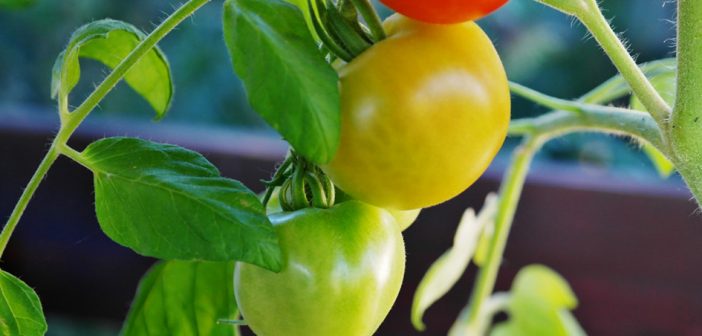
Photo Caption: Supporters argue that new plant breeding techniques can reduce pesticide use and improve yields.
Photo Credit: pxhere
The post EU divided over plant breeding appeared first on Hort News on 23 May 2018.
